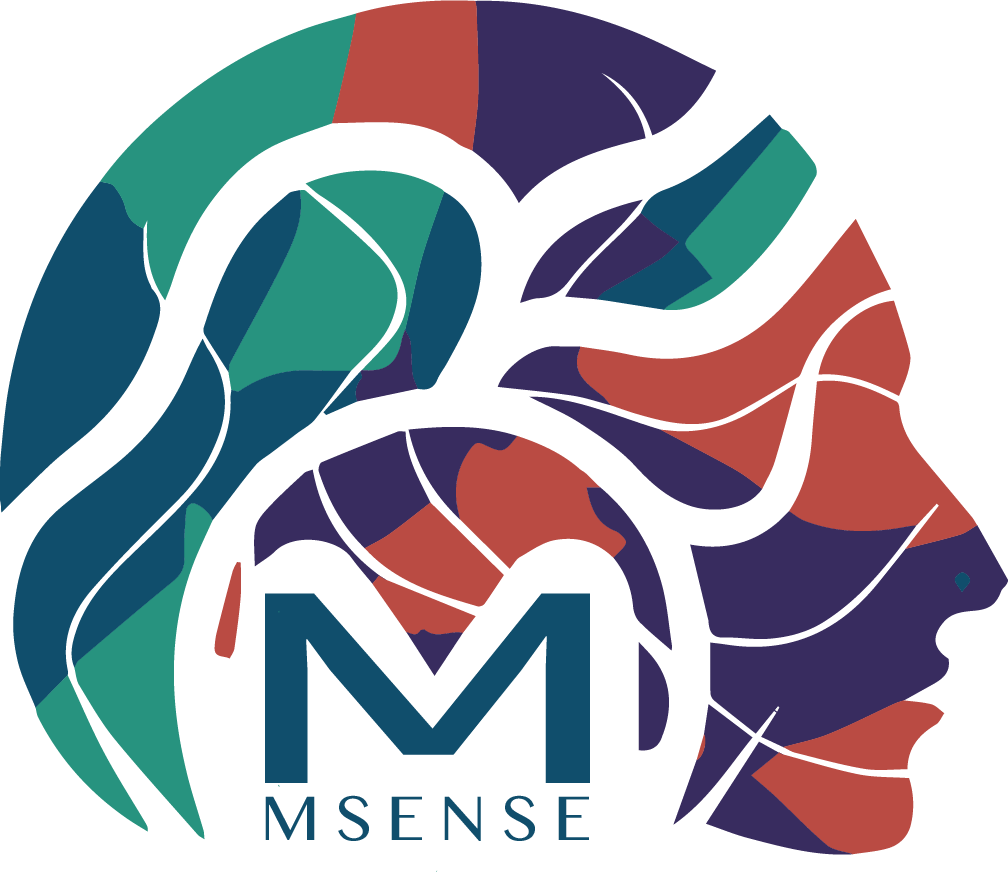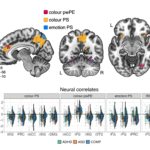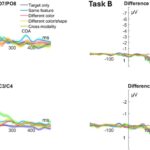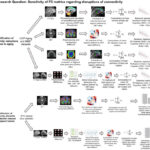Our recent experiences influence how we perceive and make decisions, a concept known as serial dependence. While this has been studied in how we see things and more recently in how we perceive time, the connection between these effects in visual and time perception isn’t fully understood, especially regarding how important the task is and how much it strains our memory.
To explore this, our lab member Si Cheng designed an experiment using moving random dots to test both direction and time perception, mixing the tasks randomly. We also adjusted the memory load by giving participants cues before or after seeing the stimuli. We found that when people reproduced time intervals, they were biased towards previous experiences, but when estimating directions, they were biased away from them. Interestingly, the time-related bias was stronger if the previous task also involved time, while the direction bias remained constant regardless of the prior task. Both types of biases were stronger when the memory cue came after seeing the stimuli rather than before.

Comparisons between experiments (Exp. 1: Pre-cue vs. Exp. 2: Post-cue) and prior tasks (task-related vs. task-unrelated). (a) Central tendency effect for time reproduction trials. (b) Attractive sequential effect for time reproduction trials. TT represents consecutive time tasks, while DT represents a current time task preceded by a direction task. (c) Repulsive sequential effect for direction reproduction trials. DD represents consecutive direction tasks, while TD represents a direction task preceded by a time task. Error bars represent ± SEM. *p < .05.
These results suggest that the differences in how we experience these biases might come from different processing stages, with direction biases linked to sensory adaptation and time biases involving memory processes after perception.
The work has been published in British Journal of Psychology:
Cheng, S., Chen, S., & Shi, Z. (2024). Opposing sequential biases in direction and time reproduction: Influences of task relevance and working memory. British Journal of Psychology (London, England: 1953). https://doi.org/10.1111/bjop.12728





